Are you curious about the origins of red squirrels as boomers? Join us to unravel…
Squirrels Live How Long? It's Longer Than You Think
Welcome to our blog post where we explore the fascinating world of squirrels and uncover the charismatic creatures. We hope this blog post has shed some light on squirrels' lifespan and the various factors that impact them.
The lifespan of squirrels has become a subject of significant interest among researchers and enthusiasts. Understanding the factors that influence their lifespan can shed light on the intricacies of their biology and provide insights into nature's marvels.
By unraveling the mysteries of squirrel life expectancy, we can gain a deeper appreciation for these incredible creatures.
advertisement
Here are some general estimations for the lifespans of common squirrel species in the wild:
Eastern Grey Squirrel (Sciurus carolinensis):
As mentioned earlier, the average lifespan of Eastern Grey Squirrels in the wild is typically around 5 to 7 years, but some individuals may live up to 10 years under favorable conditions.
Red Squirrel (Sciurus vulgaris):
Red squirrels have a slightly shorter lifespan than their grey counterparts. In the wild, they generally live between 3 to 5 years.
Black squirrel (Sciurus carolinensis):
Black squirrels (which are a color variation of the Eastern Grey Squirrel) have a similar lifespan to their grey counterparts. In the wild, black squirrels typically live between 5 to 7 years on average. However, exceptional individuals may live up to 10 years or slightly longer under favorable conditions.
Fox Squirrel (Sciurus niger):
Fox squirrels have a lifespan similar to Eastern Grey Squirrels and typically live around 5 to 7 years in the wild.
American Red Squirrel (Tamiasciurus hudsonicus):
American red squirrels have a lifespan of around 3 to 6 years in the wild.
advertisement
Flying Squirrels (Pteromyini):
The lifespan of smoky flying squirrels can vary depending on the species, with some living up to 5-6 years in the wild.
Factors Influencing Lifespan of Squirrels
The lifespan of squirrels can vary due to several factors. Genetic variations, environmental conditions, diet, predator-prey dynamics, and human interactions all play a role in determining how long an individual squirrel may live.
The lifespan of squirrels in the wild can vary depending on the species and several environmental factors.
1. Environments
Squirrels exhibit significant differences in lifespan between urban and rural environments. In urban areas, where resources are more abundant and predators are often limited, squirrels tend to live longer. Conversely, in rural areas with natural predators and inconsistent food availability, squirrels' lifespans may be comparatively shorter.
2. Natural Predators
Predation plays a crucial role in shaping squirrel populations and their lifespans. Predators such as raptors, snakes, and other mammals are known to target eastern grey squirrels. The presence or absence of these predators can have a substantial influence on squirrel survival rates and overall lifespan.
3. Diet and nutrition
Access to sufficient quantities of high-quality food resources is essential for squirrel survival. The availability of nuts, fruits, seeds, and other food sources can vary significantly between habitats, impacting the lifespan of squirrels. Areas with abundant food resources tend to support healthier populations with longer lifespans.
advertisement
4. Genetic Variations
Just like humans, squirrels have genetic variations that can influence their lifespan. Some individuals may have inherited traits that make them more robust or resistant to diseases, ultimately allowing for a longer lifespan.
However, the specific genes responsible for these advantages are yet to be fully understood.
5. Disease Outbreaks
Diseases of squirrels, both viral and bacterial, can pose significant risks to eastern grey squirrels. Outbreaks of diseases, such as squirrel pox and mange, can spread rapidly within populations, causing mass mortality and reducing the average lifespan. These outbreaks highlight the delicate balance between parasites, hosts, and the overall health of squirrel populations.
6. Urbanization and Habitat Loss
The rapid expansion of urban areas often results in habitat fragmentation and loss for squirrels. The destruction of natural habitats limits their access to resources and increases their exposure to human-related threats, ultimately reducing their average lifespan.
7. Human Interactions
Man-Made Dangers and Challenges also affected the squirrels' life. Human interactions can both positively and negatively impact the lifespan of Squirrels. Urban environments provide a steady food supply, but the presence of vehicles and domestic pets increases their mortality risk.
Additionally, habitat destruction due to urbanization threatens their ability to find suitable nesting sites.
advertisement
Frequently Asked Questions (FAQs)
What is the Typical Lifespan of an Eastern Grey Squirrel in Urban Environments?
Eastern grey squirrels in urban environments often experience longer lifespans compared to those in rural areas.
On average, they can live up to 8-12 years, benefiting from a more stable food supply, reduced predation risks, and fewer stressors associated with natural habitats.
Do Squirrels Have a Maximum Age They Can Reach?
While there is currently no scientific evidence to suggest a definite maximum age for eastern grey squirrels, the average lifespan ranges from 2 to 8 years.
However, exceptional cases have been recorded, with squirrels living beyond 10 years.
advertisement
How Do Researchers Determine the Age of a Squirrel?
Researchers employ various techniques to estimate the age of squirrels accurately. This includes tooth wear analysis, which examines the condition of teeth, as well as growth ring counting on specific bones.
Non-invasive and innovative methods continue to be developed, allowing for more precise age determination without harming the squirrels.
Can Human Intervention Enhance the Lifespan of Squirrels?
While human intervention can positively impact squirrel populations through conservation efforts and reduced mortality risks, such measures cannot directly enhance the natural maximum lifespan of squirrels. Ensuring suitable habitats, minimizing threats, and promoting coexistence can indirectly contribute to healthier squirrel populations and potentially increase their lifespans.
Are Eastern Grey Squirrels Endangered in Any Regions?
Eastern grey squirrels are not considered endangered; however, they face localized threats in certain regions due to habitat loss and invasive species competition.
In their native habitats, they are generally adaptable and resilient, able to thrive in diverse environments.
Continuous monitoring and conservation efforts are vital to ensure their long-term survival and well-being.
Can Squirrels Live Forever if Kept as Pets?
Although captive squirrels can live longer than their wild counterparts, they do not possess immortality. Proper care, a suitable diet, and a safe environment are essential for promoting their well-being and extending their lifespans.
However, squirrels still exhibit natural biological limitations and will eventually age and succumb to old age-related issues.
Does Squirrel Size Influence Lifespan?
Contrary to popular belief, squirrel size alone does not determine their lifespan. While certain physical attributes may contribute to survival in specific environments, other factors such as genetics, resource availability, and predation risks play more significant roles in shaping squirrel lifespan.
advertisement
How long do grey squirrels live in captivity?
In captivity, Eastern Grey Squirrels can have a significantly longer lifespan compared to their wild counterparts. Under proper care and suitable living conditions, these squirrels can live much longer and have been known to reach up to 15 to 20 years.
What is the maximum lifespan of a red squirrel?
The maximum lifespan of a red squirrel in the wild is typically around 5 to 6 years. However, some exceptional individuals have been known to live up to 8 years or slightly longer under favorable conditions.
How long do eastern grey squirrels live?
Eastern Grey Squirrels typically live for about 5 to 7 years in the wild. However, under optimal conditions and in protected environments, some individuals have been known to live up to 10 years or more.
advertisement






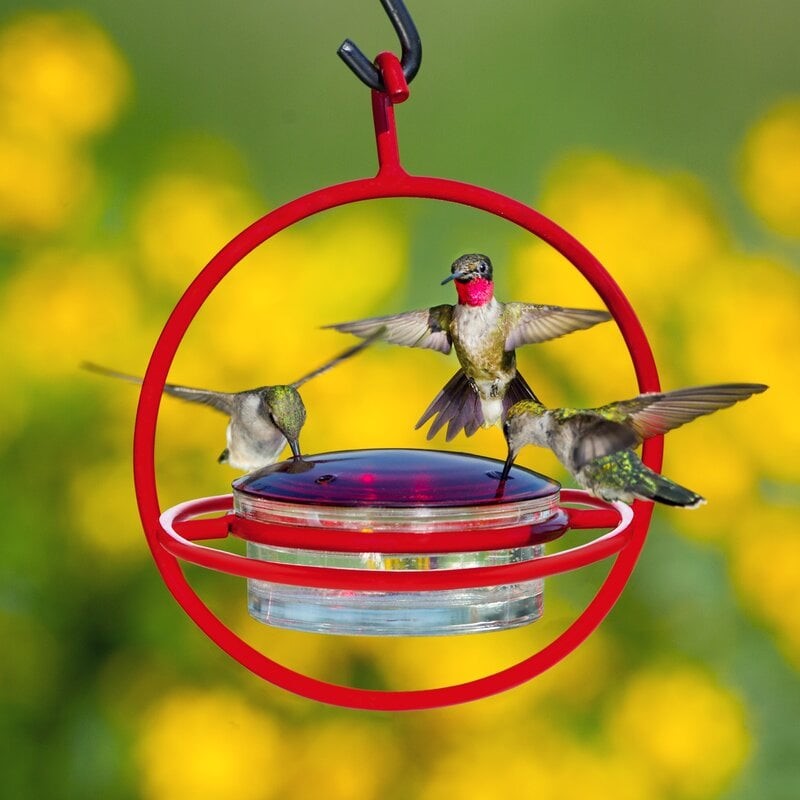







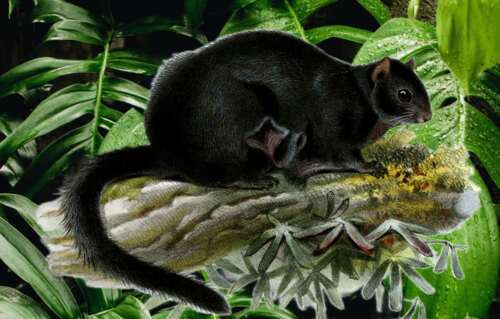
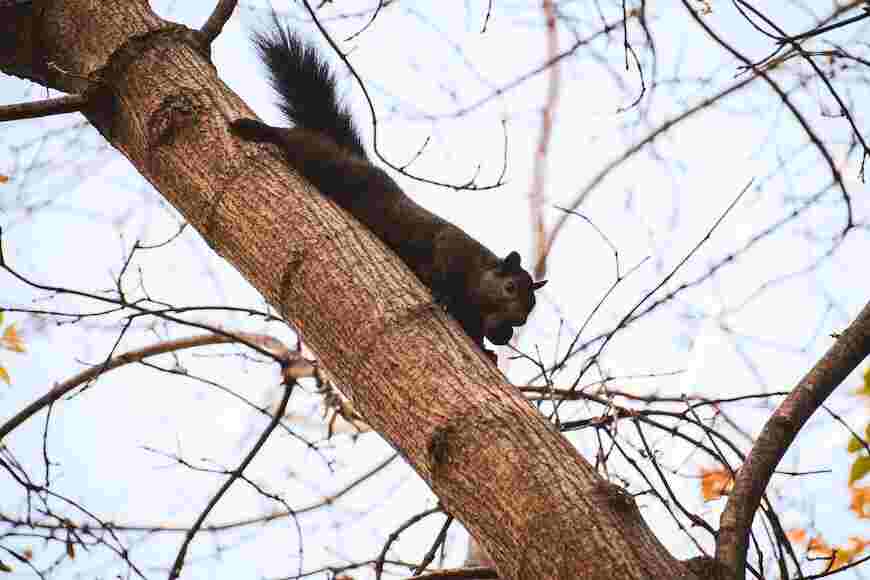
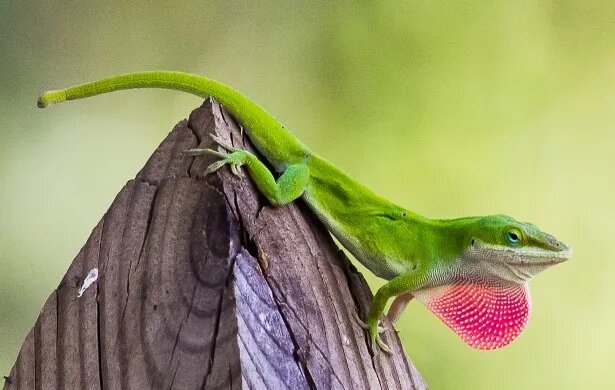
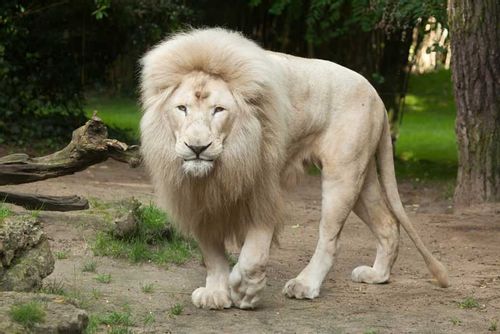

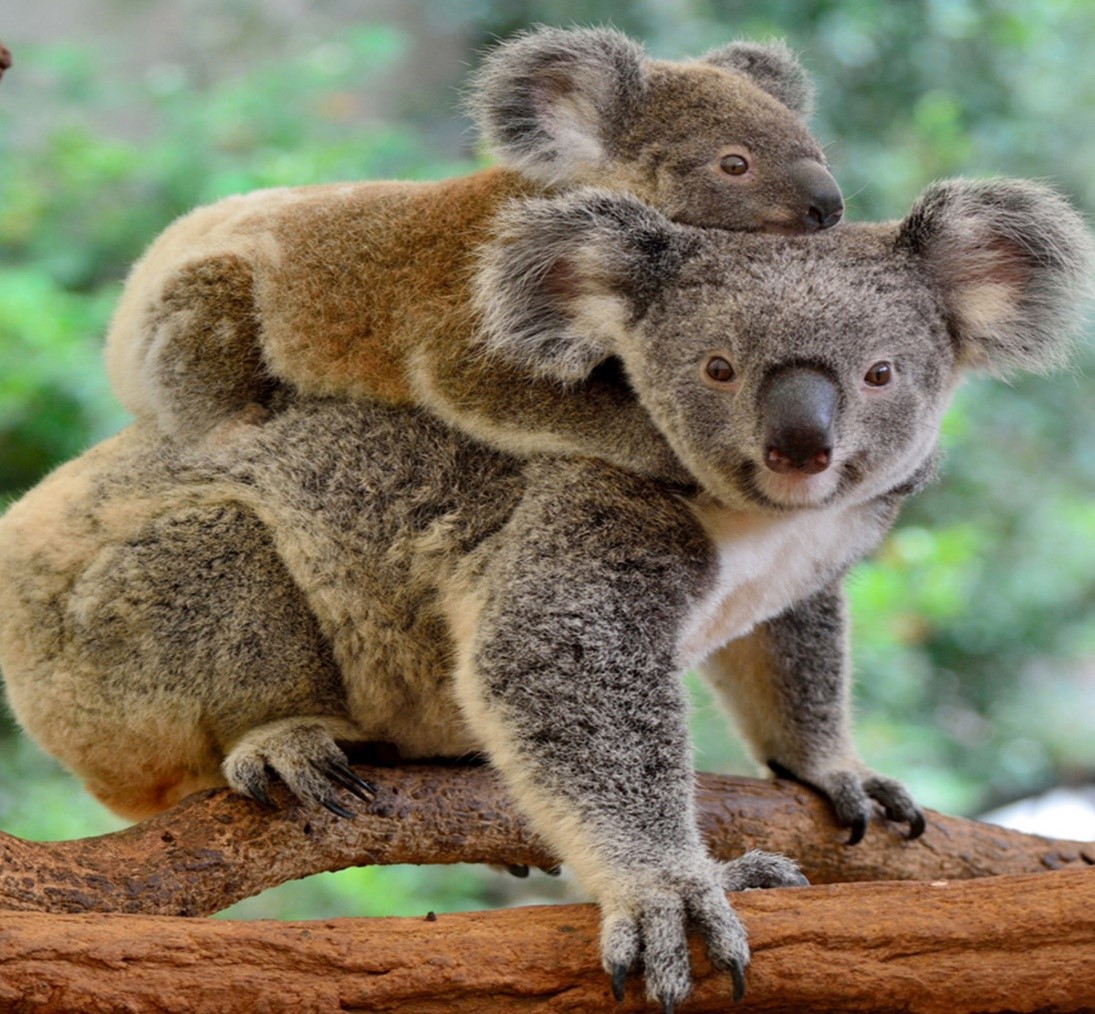
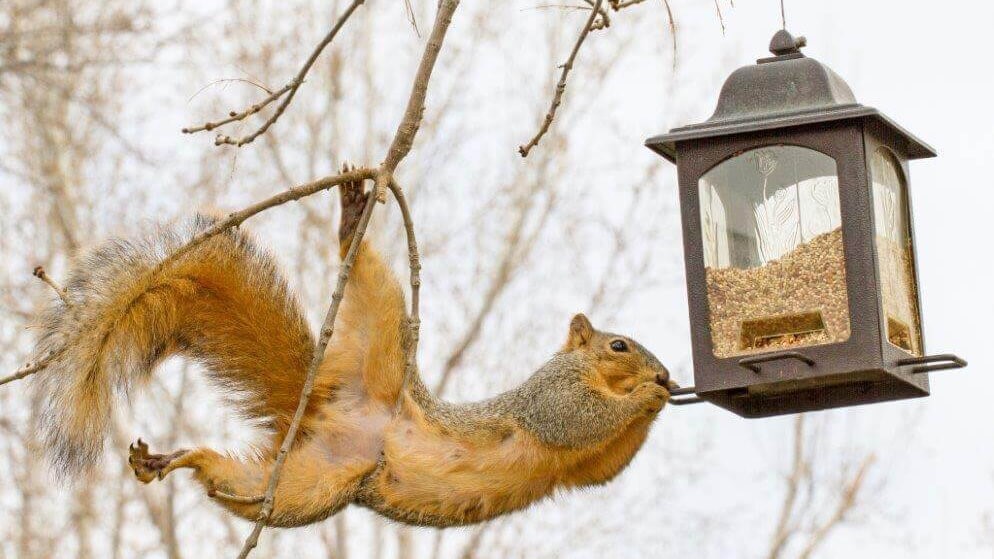



Admin – Administrator
Founder & Administrator of this website. If you want my services please CONTACT ME.